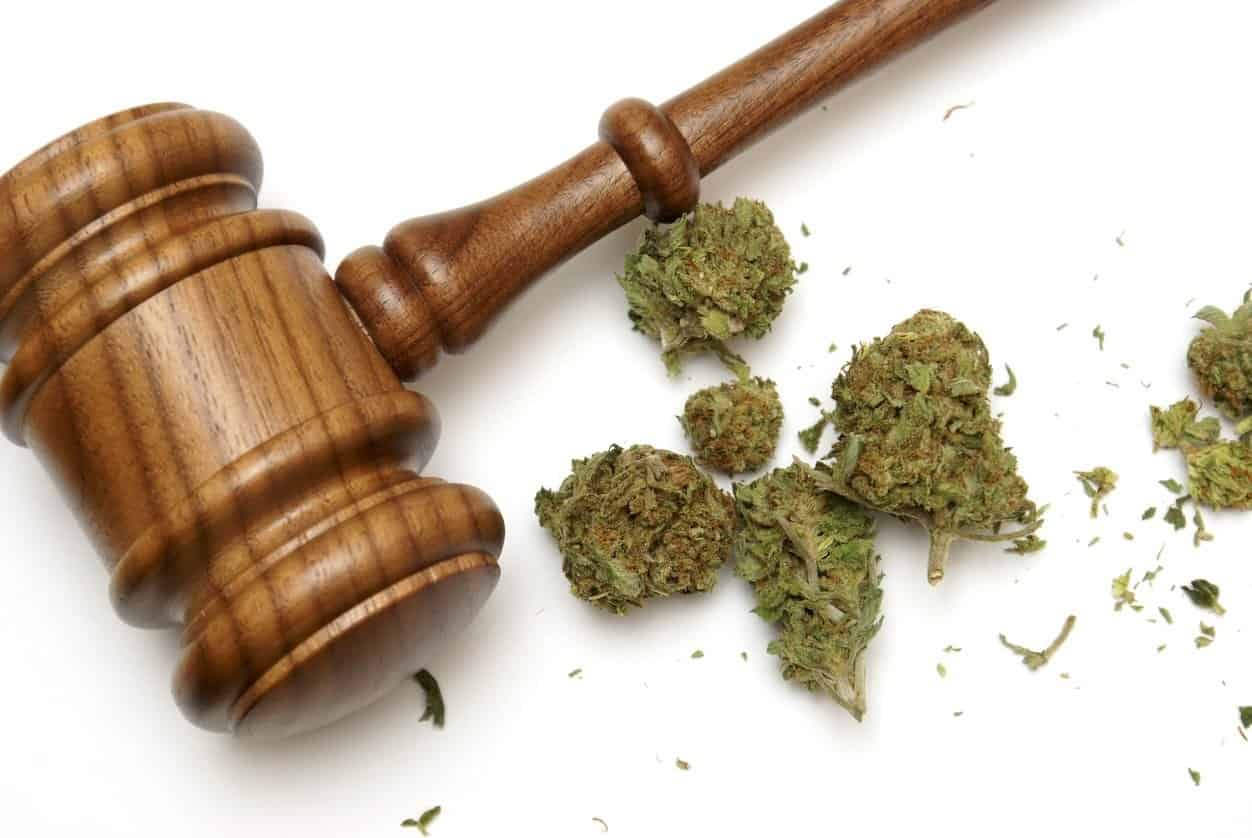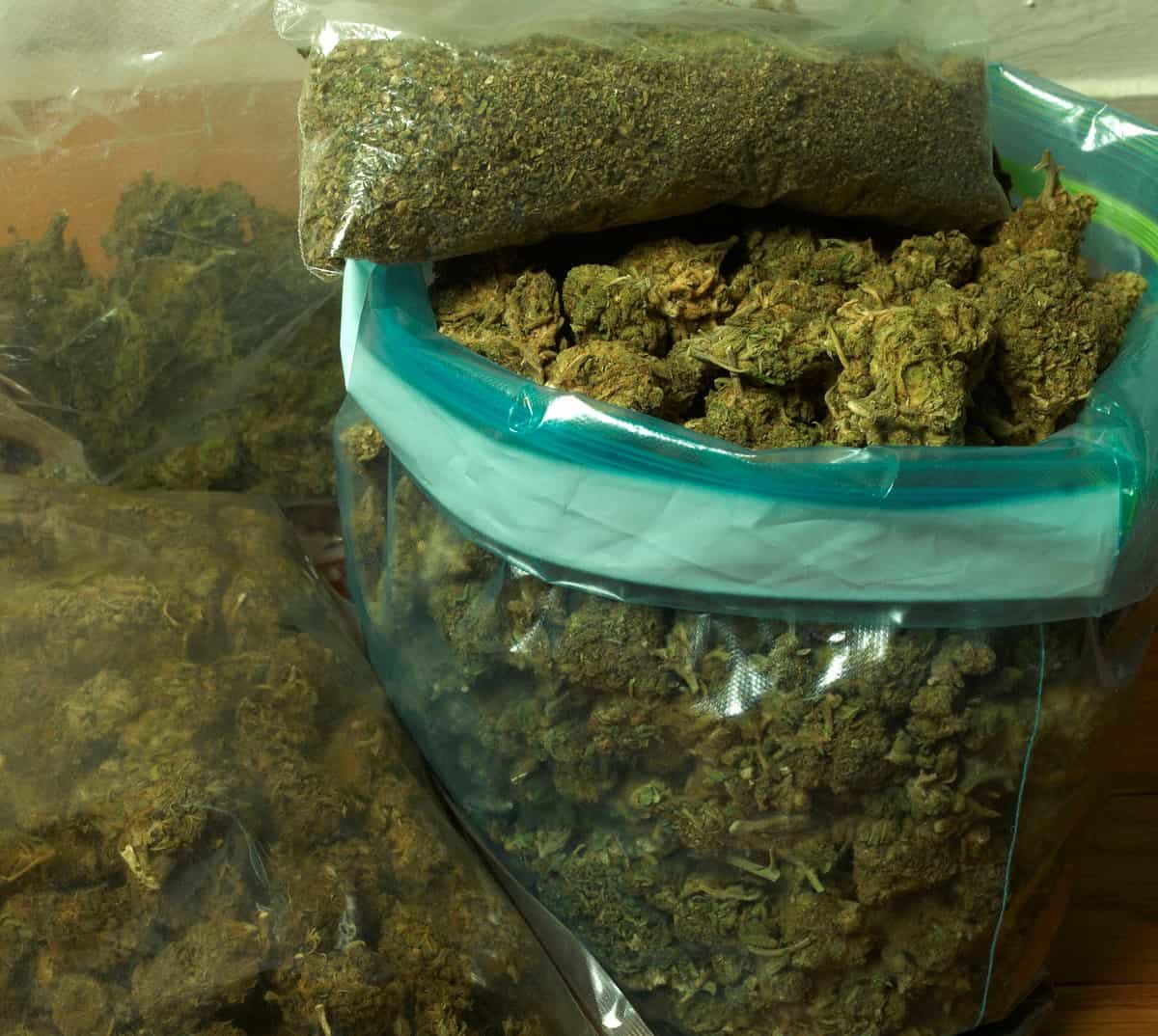Defending Against Police Informant Testimony
April 18, 2025

Colorado State Patrol Debuting Marijuana DUI Devices
The Ethics of Catching Child Pornography Offenders
Posted by: Jacob E. Martinez
Category: Drug Crimes | Drug Trafficking
Drug trafficking is illegal no matter where you are. But with the legalization of marijuana in Colorado, it’s easier than ever to ship marijuana somewhere else and reap the financial benefits.
Illegal drug traffickers are using Colorado as a safe haven for growing marijuana in regulated pot farms and warehouses, then discreetly sending it to other places where traffickers can make an excellent profit.
One instance of drug trafficking had an owner of a skydiving company filling his planes with hundreds of pounds of Colorado marijuana and flying it to Minnesota. He reportedly made millions of dollars off of this venture.
Another instance involved a Denver man sending over 100 envelopes of pot to New York via FedEx, where local drug dealers then distributed the shipment.
And then 20 different drug traffickers – many of them from Cuba – supposedly moved to Colorado in order to grow marijuana. That marijuana was then sent to Florida, where it can sell for more than two times the price in a legal Colorado dispensary.
People who are anti-marijuana in Colorado were concerned about trafficking because they claim the legal weed in Colorado encourages people to bring it to other states where it is still illegal. Tourists and Colorado residents who buy marijuana legally and then bring it out of the state are a concern, but major drug traffickers who are moving to Colorado specifically to grow marijuana and distribute it to other places are especially on law enforcement’s radar.
The marijuana industry doesn’t want drug traffickers to give their business a bad name, though. They say they are doing everything by the book and trying to keep legally grown marijuana from leaving the state. In order to legally grow your own marijuana, you need to have a license as well as use a seed-to-sale tracking system that oversees every stage of marijuana plants.
So what happens if you are accused of trafficking marijuana? Let’s look at what constitutes a drug trafficking offense and the penalties associated with it.
Drug trafficking is a felony offense under Colorado state and federal law. You have committed a drug trafficking crime if you sell, transport, or import an illegal controlled substance. Drugs such as cocaine, heroin, methamphetamines, and other illegal drugs are included. Even though marijuana is legal in Colorado, it is still illegal in other states and under federal law, so if you sell, transport, or import marijuana, you are committing a crime.
Many people believe that in order to be charged with a drug trafficking offense you have to transport drugs across state lines. While this does constitute drug trafficking, the general guideline for trafficking in the first place is usually the amount of drugs in question.
Primarily, trafficking refers to the weight of the controlled substance and not to the movement of the drugs – either across state lines or from one person to another. In this case, possession of a controlled substance can become a trafficking charge if the drugs weigh enough.
So if you aren’t licensed or regulated to grow or sell marijuana in Colorado, but you do it anyway, especially on a large-scale, then you can be charged with a drug trafficking crime even if you don’t take the marijuana out of Colorado.
When does the federal government get involved?
You are breaking federal law when you move those drugs across state or country lines (i.e. bringing drugs in from Mexico), or use a mail carrier that crosses state lines. Whatever your situation, trafficking charges come with severe penalties.
You can be charged with a marijuana trafficking offense under federal law if you are in possession of:
Looking at these penalties shows you that marijuana trafficking is looked down upon, and getting charged with a trafficking crime can seriously affect your life. If you have been charged with marijuana trafficking, contact an experienced Colorado drug trafficking lawyer to help you fight your charges.
About the Author:
Denver-based criminal defense and DUI attorney Jacob E. Martinez is a knowledgeable and experienced litigator with a record of success providing innovative solutions to clients facing criminal charges of any severity. Mr. Martinez has been designated a Top 100 Trial Lawyer by the National Trial Lawyers and has been awarded both the Avvo Client’s Choice Award and Avvo Top Attorney designation, evidencing his reputation for his exemplary criminal and DUI defense work and high moral standards.
Jury Trial - Not Guilty
Jury Trial - Not Guilty
Arapahoe 1st Degree Assault/Vehicular Assault
Jury Trial - Not Guilty
Denver Domestic Violence Assault Case
Jury Trial - Not Guilty
Denver D.V. Assault
Jury Trial - Not Guilty
Denver Careless Driving Resulting in Death
Jury Trial - Not Guilty
Jefferson County Felony Menacing
Jury Trial - Not Guilty
Adams County DUI
Jury Trial - Not Guilty
Jefferson County DUI
Jury Trial - Not Guilty
Jefferson County DUI
Jury Trial - Not Guilty
Jefferson Vehicular Assault/DUI
Jury Trial - Not Guilty
Jefferson County DUI
Jury Trial - Not Guilty
Boulder County DUI case
Jury Trial - Not Guilty
Arapahoe County DUI case
Jury Trial - Not Guilty
Adams County DUI case
Jury Trial - Not Guilty
Douglas County DUI case
Jury Trial - Not Guilty
Gilpin County DUI case
Dismissed
Broomfield County Probation Revocation case
Dismissal
Arapahoe County DUI case
Deferred Judgment
Arapahoe County DUI case
Deferred Judgment
Douglas County DUI case
Deferred Judgment
Larimer County DUI case
Deferred Judgment
Arapahoe County DUI Case
Deferred Judgment
Denver Felony Burglary Case
Deferred Judgment
Arapahoe County DUI case
Dismissed
Arapahoe County Protection Order Case
Dismissed
Golden Destruction of Property case
Dismissed
Jefferson County Protection Order case
Dismissed
Jefferson County Domestic Violence case
Dismissed and Sealed
Jefferson County DUI case
Dismissed
Denver Major Traffic Offense case
Dismissed and Sealed
Broomfield County Domestic Violence case
Dismissed
Summit County DUI Revocation
Dismissed
Denver DUI Revocation
Dismissed
Denver DUI Revocation
Dismissed
Denver DUI +.2 Involving Accident and Injury case
Dismissed
Denver DUI/Habitual Traffic Offender case
DISMISSAL
Denver District Aggravated Theft
Dismissed
Greenwood Village Assault case
Dismissal
Elbert County DUI
Dismissed
Arapahoe County Domestic Violence case
Dismissal
Jefferson County DUI
Dismissal
Denver Municipal Assault
Dismissed
Boulder County Domestic Violence Assault case
Dismissed
Wheat Ridge Assault case
Dismissed
Jefferson County DUI case, with 2+ Prior Convictions
Dismissed
Arapahoe County Domestic Violence case
Dismissed
Broomfield County Domestic Violence case
Dismissed with No Charges Filed
Jefferson County Felony Theft case
Dismissed
Arapahoe County Felony Theft case
Dismissed
Boulder County Felony Theft case


